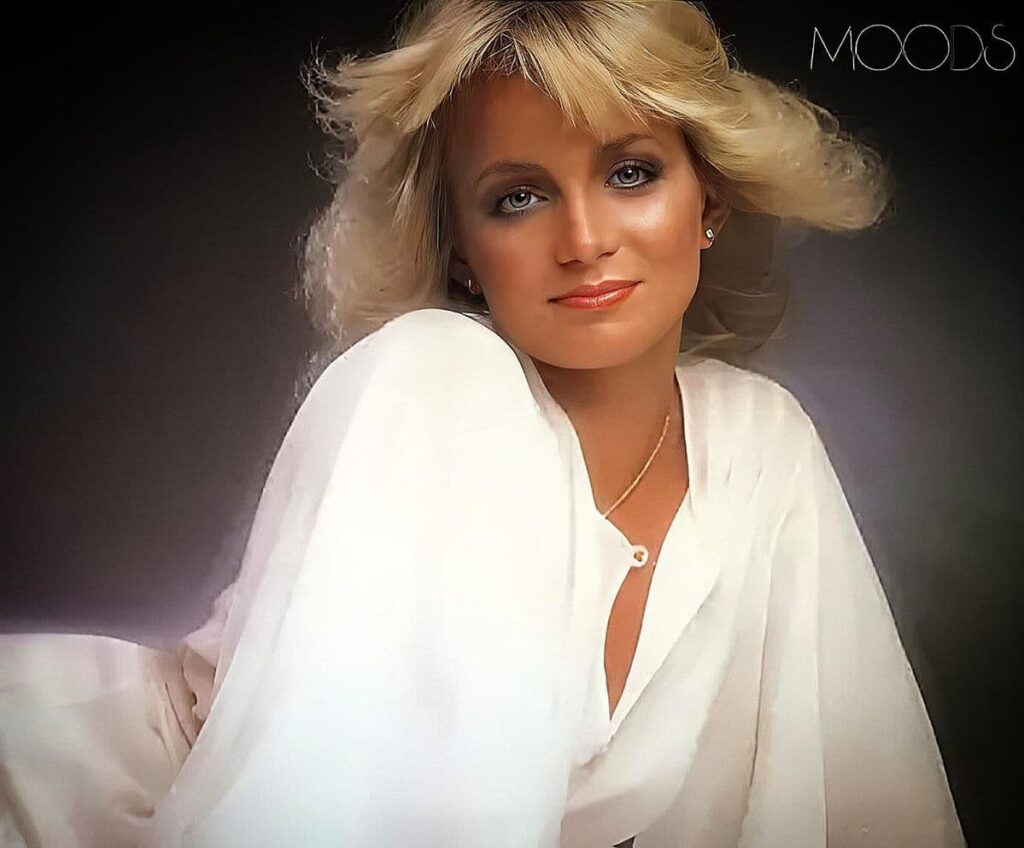
When Love Defies Convention, the Heart Votes for Beautiful Wrongness
Oh, what tangled webs we weave when the heart decides to follow a path the world calls forbidden. Long before Barbara Mandrell brought her unmistakable blend of country-pop sophistication and raw, emotional honesty to the airwaves, the very notion of a song openly embracing an adulterous love affair was, shall we say, a challenging proposition for mainstream country music. Yet, in the hands of the brilliant and versatile Mandrell, “(If Loving You Is Wrong) I Don’t Want To Be Right” didn’t just challenge the norms—it exploded past them, cementing its place as a classic tale of desperate, irresistible devotion.
The song itself is a piece of soulful poetry, originally penned by Stax Records’ formidable songwriting trio: Homer Banks, Carl Hampton, and Raymond Jackson. It was first made a massive R&B and Pop crossover hit by Luther Ingram in 1972, whose mournful, gospel-tinged soul version perfectly captured the internal conflict of a love that comes with a high moral price tag. Ingram’s rendition soared, reaching Number 3 on the Billboard Hot 100 and topping the R&B chart. Fast forward to 1978, and Barbara Mandrell bravely—and brilliantly—stepped into that complex emotional landscape, releasing her version on her album, Moods.
Her rendition, with its polished production typical of the late 70s country-pop sound, took the core desperation of the soul classic and recast it in an aching, confessional country framework. It resonated immediately and deeply with fans who understood that love, sometimes, is simply an uncontrollable force, regardless of the vows taken elsewhere. For Mandrell, this single marked a defining moment in her career, continuing her crossover momentum. It became her second consecutive Number 1 hit on the U.S. Billboard Hot Country Singles chart, a powerful statement of acceptance from the country audience. Furthermore, it reached Number 31 on the Billboard Hot 100 and was nominated for Single of the Year at the 1979 CMA Awards.
The enduring meaning of “(If Loving You Is Wrong) I Don’t Want To Be Right” lies in its stark, uncompromising portrayal of a person caught in the ultimate moral and emotional bind. It is the plea of the “other woman” or “other man” who knows, intellectually and socially, that the relationship is wrong—it hurts a spouse and children—but is utterly incapable of walking away. The lyrics lay out the dilemma with painful clarity: “Am I wrong to fall so deeply in love with you / Knowing you got a wife and two little children depending on you too?” It’s a confession delivered not in a whisper of shame, but with the bold, tear-streaked conviction of a soul finally choosing emotional truth over societal rectitude.
For those of us who came of age listening to this song, it’s a powerful, almost visceral reminder of the intense, world-stopping passions of youth—or perhaps the surprising, late-in-life passions that overturn all one’s well-laid plans. Barbara Mandrell’s voice, full of fire and conviction, transforms a difficult moral narrative into a universal anthem of desperate, passionate love. It wasn’t just a hit; it was a cultural conversation starter, pushing the boundaries of what country music—and its audience—was willing to accept about the complexities of the human heart. It’s a song that captures that moment of ultimate surrender, when you look your entire world in the face and say, “If the price of righteousness is losing you, then I gladly choose to be wrong.” It’s a nostalgic trip back to a time when a four-minute song could stir up a lifetime of complicated feelings.